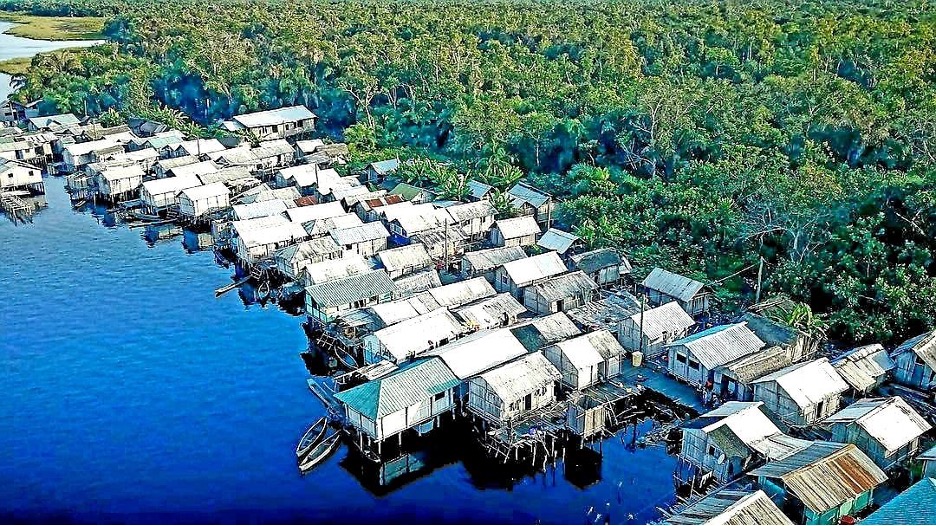
Year in Program:
Fields: African History (West Africa), African American History, World History
Advisor: Prof. Nwando Achebe
Dissertation Committee Members: Profs. Walter Hawthorne, Pero Dagbovie, & Glen Chambers Jr.
Research Languages:
- Twi: Native Speaker
- Fante: Heritage Speaker
- West African Pidgin: Heritage Speaker
- Nzema: Heritage Speaker
- English: Proficient
- French: Basic
Email: kesse@msu.edu
Educational Background:
- MA in International Affairs (major: African Studies)—Ohio University, 2016
- B.A. in African Studies—University of Cape Coast, Ghana, 2012
Eric Kesse is a final-year doctoral candidate in African History at Michigan State University. His research broadly centers on eighteenth- and nineteenth-century African environmental history with special attention to Africa’s water systems and bodies of water. He is interested in how African groups have forged complex relationships with bodies of water over time and how those relationships have shaped the history of the continent. To this end, his dissertation, titled “Living with Water: Environment, Slavery, and Spirituality in a West African Stilt-House Community—Nzulezo, c. mid-1700 – 1870s,” investigates the social and environmental history of Nzulezo, a stilt-house community located in the middle of the Amanzule River in southwestern Ghana.
For over two centuries, Nzulezo people have lived on the river, enduring unfavorable conditions like flooding, the Atlantic slave trade, and colonialism. Through oral histories, archival research, and community-based ethnographies, Eric argues that three major factors necessitated the creation of the Nzulezo community in the middle of the river—that is, (1) the quest for security, (2) religious reasons [such as meeting the spiritual demands of the Nzulezo snail deity], and (3) environmental factors [e.g., gaining access to freshwater and its (non-)edible resources]. This finding overturns received orthodoxies in African historiography that suggest that Africans constructed settlements in the middle of bodies of water primarily as a defense against the Atlantic slave trade. It also reconsiders conventional approaches in African environmental history that often historicize the African environment solely from a land-centric viewpoint. These theoretical approaches tend to overlook the significance of water to the lives and history of Africans. In this research, Eric re-centers water in the symbiotic relationships between humans and their environment and argues for a shift in the focus of research in water-based areas like Nzulezo. He demonstrates the position of water as both an agent and a context for understanding how Africans have forged dynamic relationships with their environment.


In recognition of his past and ongoing scholarly works, Eric has received several awards and fellowships from reputable (inter)national funding organizations, including the U.S. Department of Education (offering Fulbright-Hays DDRA Fellowship), the Otumfuo Educational Program (the King of the Asante Kingdom’s educational fellowship), as well as Michigan State University’s GJEC Research and Dissertation Completion Fellowships.
Eric has independently taught and served as a teaching assistant for undergraduate courses in African history, African languages, world/global history, and women’s and gender history at Michigan State University (MSU), Ohio University (OU), and the University of Cape Coast (UCC) in Ghana. Some of the classes include:
IAH 205: Africa and the World (at MSU)
ISS 310: Atlantic World—People and the Environment (at MSU)
AKAN 1110-04: Akan Language and Culture (at OU)
AFS 328: Cultural Geography of Africa (at UCC)
HST 308: European Presence on the Gold Coast (at UCC)